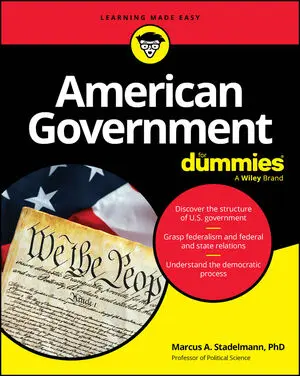Usually when people refer lobbyists, they're talking about professionals, people who hire themselves out to clients to work on their behalf. Frequently, lobbyists started their careers either as members of Congress or as congressional staffers, leaving government service and then using their contacts on behalf of their clients. Some lobbyists base their business on a long-standing relationship with a single, powerful member of the House or Senate.
Defining and describing
Full-time lobbyists spend their days influencing lawmakers and members of the executive branch to pursue particular courses of action or introduce, shape or alter pieces of legislation. The different kinds of lobbyists include the following:
- Association lobbyists represent industry and trade associations.
- Corporate lobbyists work on behalf of individual companies. Usually these people have titles like Vice President for congressional relations.
- Foreign agents lobby for foreign governments and businesses and are registered with the United States government.
- Nonprofit and public-interest lobbyists work on behalf of various causes and voluntary organizations.
- Professional lobbyists work on behalf of the clients who hire them.
All full-time professional lobbyists must register with Congress.
If you're simply on Capitol Hill on behalf of your own cause, you don't have to worry about registering, and you're completely free to talk to any representative or senator who wants to talk to you. Registration is necessary only when you accept payment from clients for whom you have lobbied.
Demystifying special interests
One thing that you, the lobbyist for your cause in Congress, will have to get over is all the pejorative talk about special interests running the country and not having the good of the country as a whole in mind. After all, what is a special interest but you? The term special interest usually describes any person or group of people who pursues their own interests. That means you and the cause that you plan to take up with your representative in Congress. In practice, however, a special interest usually is the other guy who's pursuing his particular interest in conflict with your particular interest.
As soon as you begin pursuing your particular cause, you become a special interest.
If you've come to Congress to get your particular idea or cause adopted, you're going to have to petition the government more effectively than your opponents. That's why effective lobbying is so important.
The country's founders assumed that conflict would occur among and between special interests, or factions, as they were referred to in the Federalist Papers. The Framers' idea was to have all the interests competing in a free and open marketplace of ideas. They also thought that sensible people would choose the best ideas among them. In a system that made the right to petition government one of its fundamental precepts, there could be no other result.
By a faction, I understand a number of citizens, whether amounting to a majority or minority of the whole, who are united and actuated by some common impulse of passion, or of interest, adverse to the rights of other citizens, or to the permanent and aggregate interests of the community. — James Madison, writing as "Publius" in Federalist No. 10, appearing Nov. 23, 1787, in The New York Packet.
As James Madison noted, people always divide into factions for a wide variety of reasons. Because the causes of factionalism cannot be prevented, the only thing the government can do is control its effects and make sure that factionalism never becomes destructive.






